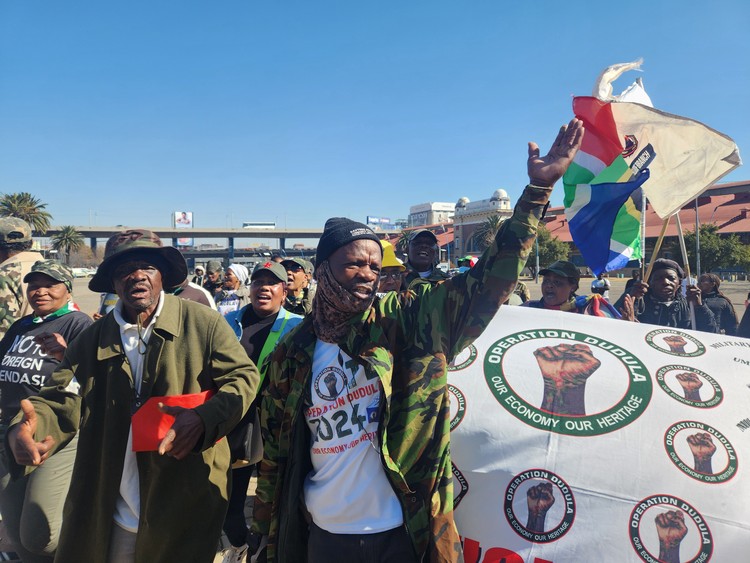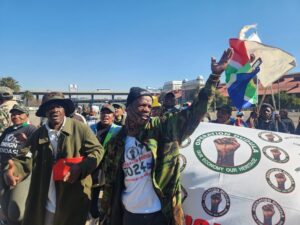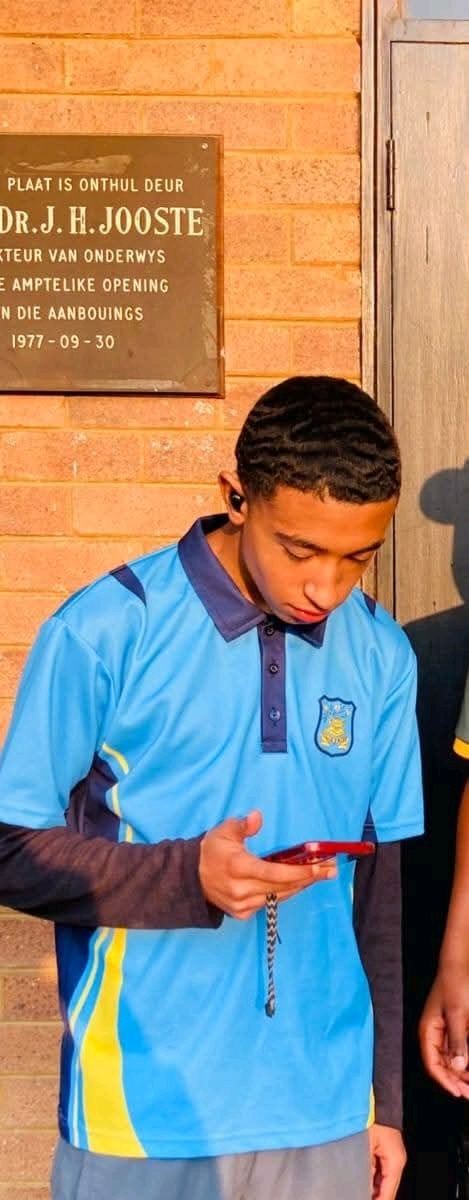
The Gauteng High Court has issued a strong legal blow to Operation Dudula, with Judge Leicester Adams granting an interdict that prohibits the organisation and its members from taking the law into their own hands or engaging in acts of hate speech against foreign nationals.
The ruling, delivered on Tuesday, bars Operation Dudula from unlawfully demanding identification documents from members of the public, harassing immigrants, or conducting vigilante operations under the guise of “community clean-ups.” Judge Adams further ordered the South African government to implement its long-stalled **National Action Plan to Combat Racism, Racial Discrimination, Xenophobia and Related Intolerances**, calling for urgent action against widespread xenophobic practices.

**Human Dignity Knows No Nationality**
In his landmark judgment, Judge Adams stated that “human dignity has no nationality,” emphasising that the Constitution protects all who live in South Africa, regardless of origin. The case was brought forward by human rights groups, including Kopanang Africa Against Xenophobia, the South African Informal Traders Forum, the Inner City Federation, and Abahlali BaseMjondolo. These organisations accused Operation Dudula of orchestrating a campaign of intimidation and violence against migrants.
The applicants detailed numerous incidents in which Operation Dudula members forcibly shut down businesses, evicted residents without court orders, and harassed informal traders. Members allegedly wore uniforms resembling those of the police or military and denied people access to healthcare and education — all without legal authority.
Although Operation Dudula acknowledged being served with court papers, it chose not to oppose the application, only attempting to intervene later, which the court rejected.
### **No Proof of Collusion by State Institutions**
The applicants also accused the **South African Police Service (SAPS)** and the **Department of Home Affairs (DHA)** of failing to prevent these unlawful acts, or worse, colluding with Operation Dudula. However, Judge Adams ruled there was insufficient evidence of such collusion. SAPS admitted to escorting some Dudula marches but maintained that this was to ensure public safety during demonstrations, not collaboration.
Still, the judge warned that xenophobia poses a “serious threat to human rights,” referencing the government’s own admission of this danger in official policy documents and international treaties.
### **Government Ordered to Implement Anti-Xenophobia Plan**
The court found that the government had failed to properly implement the National Action Plan, which has been dormant for more than five years. This plan outlines measures to monitor, prevent, and respond to xenophobic violence. Judge Adams criticised the Department of Home Affairs for denying responsibility for implementing the plan, calling its stance “astounding.”
As part of his order, the judge directed the government to take immediate steps to enforce the plan and address the systemic issues that enable xenophobic violence.
### **Clarifying the Law**
Judge Adams also clarified that only authorised immigration or police officers may request a person’s identification, and only when there is **reasonable suspicion** that the person is in the country unlawfully. He further ruled that warrantless searches of private homes and the arbitrary detention of children are unconstitutional under the Immigration Act.
In closing, Judge Adams ordered Operation Dudula and the government respondents to pay the legal costs of the application.
The judgment marks a major step toward reaffirming the rule of law and protecting the rights and dignity of all people in South Africa. As the judge wrote, xenophobia “cannot be tolerated in a democratic society built on equality, freedom, and respect for human dignity.”




